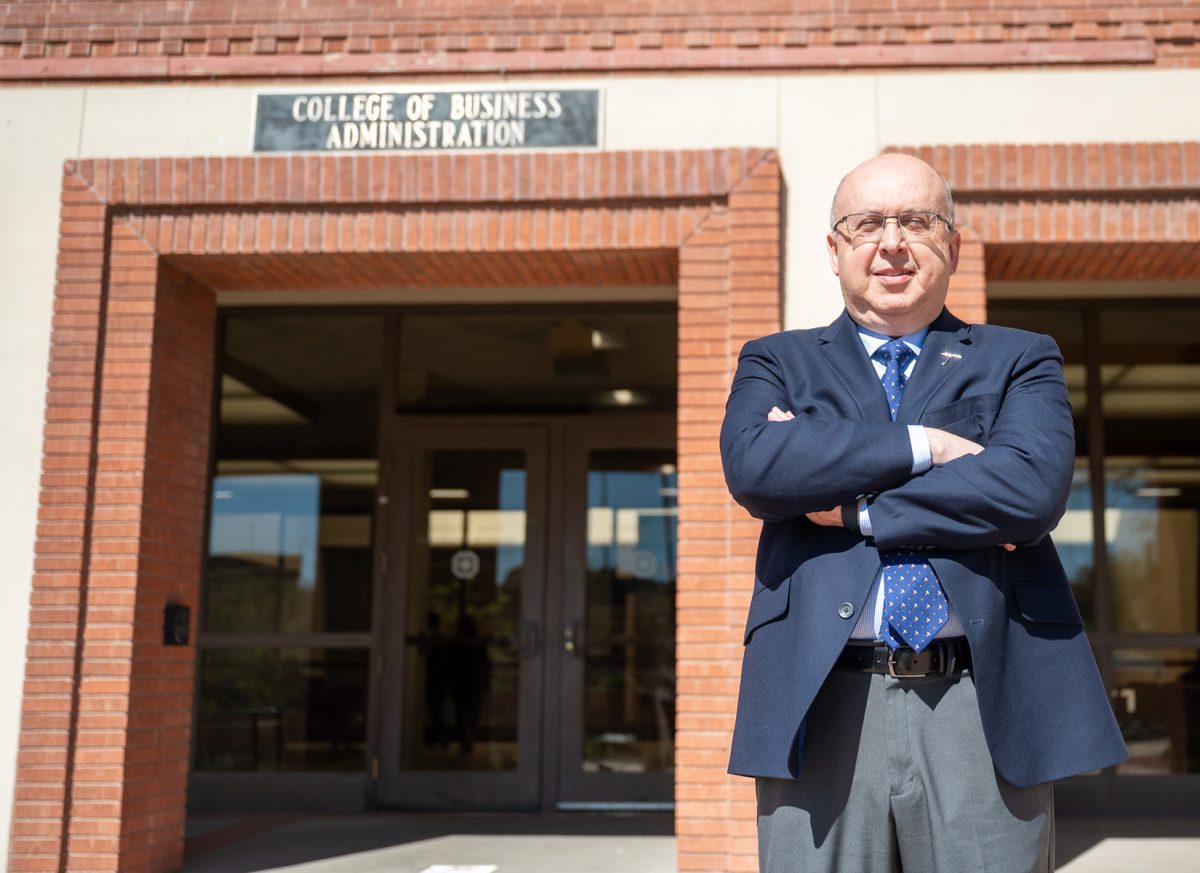President Barack Obama recently unveiled The American College Promise, a proposal to make the first two years of community college free.
The president proposed his plan in Tennessee, where the state has begun it’s own program for free community college—the Tennessee Promise. It is a last-dollar scholarship, which covers the cost of tuition and fees that are not covered by Pell Grants or other forms of aid.
Any high school senior can apply regardless of socio-economic background.
“The single most important way to get ahead is not just to get a high school education, you’ve got to get some higher education,” Obama said in a speech at Tennessee, when he introduced the plan.
In its first year, 57,000 students applied for the Tennessee Promise, representing almost 90 percent of the high school graduating class.
The Tennessee Promise also includes mentorship, college counseling and community service requirements.
“Even students that have been able to access higher education do not complete their program, in large part because of a lack of mentoring and support,” said Christina Convertino, assistant professor in education at UTEP. “It’s not enough to get students access and enrolled.”
A White House fact sheet said the American College Promise program would consist of a partnership between the federal government and individual states.
Students getting their tuition waived by the program would have to maintain a 2.5 GPA.
Federal funding would cover three quarters of the average community college cost, while the participating states would cover the rest.
Before states get to decide whether they want to participate, a bill would have to be drafted and approved by the House of Representatives and the Senate.
But, with a divided Congress, the chances of a bill getting passed seem dismal.
“It’s such a partisan atmosphere—it almost seems that any proposal made by the president is going to be immediately attacked by the Republican majority in the House and the Senate,” said Rep. Beto O’Rourke, D-Texas.
If Congress were to pass a bill, the Republican-dominated Texas Legislature would have to vote on its approval as well.
“Texas has not historically approved anything that this administration has left to their discretion,” O’Rourke said. “Grants, expanding Medicaid connected to the Affordable Care Act, those are huge investments that the state passed on because of political disagreements with the president.”
Texas state Senator Jose Rodriquez, D-El Paso, said that state leadership has shown an unwillingness to work with Washington.
Both O’Rourke and Rodriguez said they would support Obama’s community college plan.
However, very little is known about the president’s proposal.
“There’s just a whole lot of unanswered questions,” said Richard Gutierrez, associate professor of political science at UTEP. “On the surface, it sounds good, but nothing is free. Somebody is going to pay for it, but who’s going to pay and what are they going to pay for?”
If all 50 states were to opt in, an estimated nine million students could benefit from the plan, and save an average of $3,800 per semester.
Fabian Barragan, senior kinesiology major, took classes at El Paso Community College to save money. Barragan said a class at EPCC cost him $200, while one at UTEP cost him $600.
Statistics from the Center for Institutional Evaluation, Research and Planning show that 1,193 students transferred from EPCC to UTEP in fall 2014.
“A proposal to create additional opportunities for students to access higher education through community college enrollment will certainly have benefits for the Paso del Norte region,” said UTEP President Diana Natalicio. “We look forward to learning more about President Obama’s plan.”
Barragan is currently debt free, but he said a friend graduated from UTEP $42,000 in debt.
“After hearing her story, it’s kind of scary and she’s not the only one,” he said.
A report done by the Institute for College Access and Success showed that 71 percent of students, about 1.3 million, graduated from four-year colleges with debt in 2012.
The average graduate’s loan debt in 2012 was $25,550, a 25 percent increase from 2008.
The Consumer Financial Projection Bureau said that by 2013, the U.S would hit the $1.2 trillion mark in total student loan debt.
“Education is increasingly less affordable and less possible for a higher number of students,” Convertino said. “It’s making it harder for students to attempt and complete a degree.”
In his speech, Obama also stressed the importance of a college degree in order to achieve economic security.
“A college degree is the surest ticket to the middle class. It is the key to getting a good job that pays a good income,” Obama said. “And that is the key—not just for individual Americans—that’s the key for this whole country’s ability to compete in the global economy”
A report by Georgetown University, “Recovery: Job Growth and Education Requirements through 2020,” said that there will be 55 million job openings through 2020 and 35 percent of those jobs will require a bachelor’s degree.
“We have one of the lowest higher-education rates in the country,” O’Rourke said. “El Paso’s per capita income today is also the lowest in the country and it’s no coincidence that those two are connected. El Paso, more than almost any other community, has a lot at stake in this proposal.”
Maria Esquinca may be reached at [email protected].












